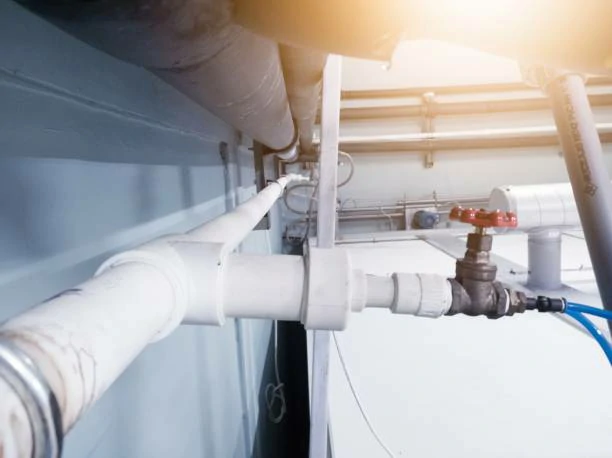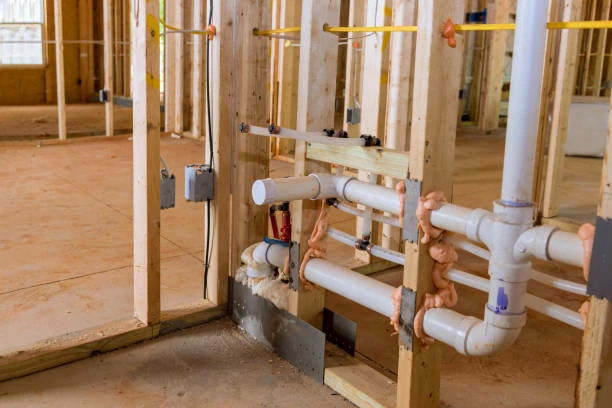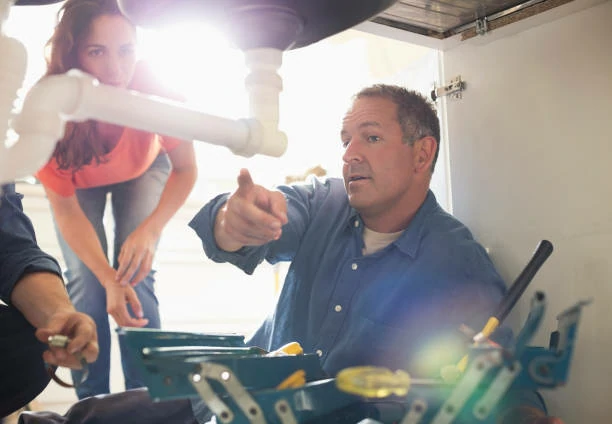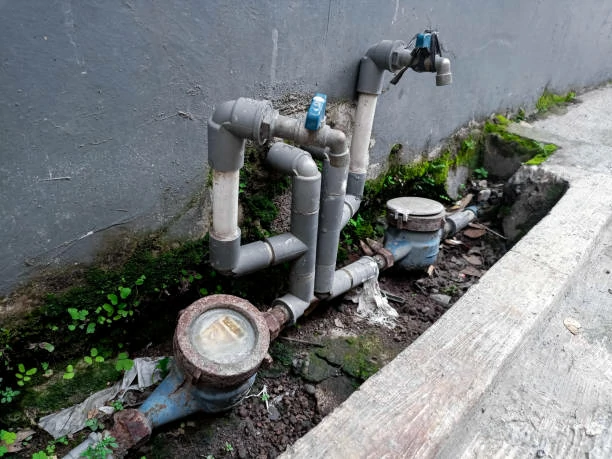Introduction
In the realm of electrical installations, safeguarding wires and ensuring safety are paramount considerations. PVC (Polyvinyl Chloride) electrical conduits have become indispensable in achieving these goals. This article delves into the significance of PVC electrical conduits, exploring their role in protecting wires and enhancing overall safety in various applications.

1. The Role of PVC Electrical Conduits in Wire Protection
1.1 The Basics of PVC Electrical Conduits
PVC electrical conduits serve as protective channels for electrical wires, shielding them from environmental factors and potential damage. These conduit are cylindrical tubes made of PVC, a synthetic polymer known for its durability and versatility. The design of PVC conduit ensures a secure enclosure for wires, safeguarding them from physical impact, moisture, and other external elements.
1.2 Physical Protection Against Mechanical Damage
One of the primary functions of PVC electrical conduits is to provide physical protection to wires. In both residential and commercial settings, wires are susceptible to mechanical damage due to factors such as construction activities, accidental impact, or rodent interference. PVC conduit act as a robust barrier, preventing direct contact with external elements and mitigating the risk of damage.
1.3 Resistance to Corrosion and Chemicals
PVC’s resistance to corrosion and chemicals makes it an ideal material for electrical conduits. In industrial environments or areas with harsh chemical exposure, traditional metal conduits may corrode over time. PVC electrical conduit, however, maintain their structural integrity, ensuring prolonged protection for wires in diverse applications, including factories, laboratories, and chemical processing plants.
2. Enhancing Safety in Electrical Installations with PVC Conduits
2.1 Flame Retardant Properties of PVC
Safety is a paramount concern in electrical installations, and PVC conduit contribute to fire safety measures. PVC is inherently flame retardant, meaning it resists combustion and does not support the spread of fire. This property is crucial in minimizing the risk of fire accidents, especially in buildings where electrical systems are prevalent.
2.2 Electrical Insulation and Shock Prevention
PVC’s electrical insulation properties make it an effective material for conduits. PVC electrical conduits act as insulating barriers, preventing direct contact between wires and external surfaces. This insulation reduces the risk of electrical shocks, making PVC conduits a key component in ensuring the safety of individuals and preventing electrical accidents in both residential and commercial spaces.
2.3 UV Resistance for Outdoor Applications
In outdoor electrical installations, exposure to sunlight can pose challenges for traditional materials. PVC electrical conduits are designed with UV resistance, ensuring that they can withstand prolonged sun exposure without degrading. This UV resistance makes PVC conduit suitable for outdoor applications, such as wiring for outdoor lighting, security systems, or landscape installations.
3. Versatility and Installation Advantages of PVC Electrical Conduits
3.1 Versatility in Applications
PVC electrical conduits offer versatility in their applications, catering to a wide range of electrical wiring needs. Whether used in residential buildings, commercial complexes, or industrial facilities, PVC conduit provide a flexible solution for routing and protecting wires. Their adaptability to different environments and installation scenarios makes them a preferred choice for diverse electrical projects.
3.2 Ease of Installation: Time and Cost Efficiency
The installation of PVC electrical conduits is known for its simplicity and efficiency. PVC conduit are lightweight and easy to handle, reducing labor costs associated with transportation and installation. The straightforward installation process, which involves cutting and joining conduits with PVC fittings, contributes to project timelines and cost-effectiveness.
3.3 Resistance to Moisture and Environmental Elements
Moisture is a common threat to electrical systems, leading to corrosion and degradation. PVC electrical conduit, with their inherent moisture resistance, provide an effective barrier against water ingress. This resistance ensures the longevity of the conduit and the wires they protect, making PVC a reliable choice in environments where exposure to moisture is a concern.
Conclusion
PVC electrical conduit play a pivotal role in safeguarding wires and enhancing safety in electrical installations. Their ability to provide physical protection, resist corrosion and chemicals, contribute to fire safety, insulate against electrical shocks, and offer versatility in applications makes PVC conduit a go-to solution for a wide range of projects. As the construction and electrical industries continue to prioritize safety and efficiency, the role of PVC electrical conduit remains integral in creating secure and reliable electrical systems.
Contact:
IFAN is a manufacturer with 30 years of experience, specializing in plastic pipes, fitting, and valves in China. If you are interested in IFAN’s copper valves, PPR valves, pipe, and fitting, feel free to contact us. IFAN provides various standard pipes to meet your specific needs. Click the link below to explore IFAN’s diverse, cost-effective valve products, as well as related pipeline system products.
We will reply your email or fax within 24 hours.
You can call us at any time if there is any question on our production.
For more information,pls visit our webside https://www.ifanplus.com/
Pls Mailto: [email protected]






